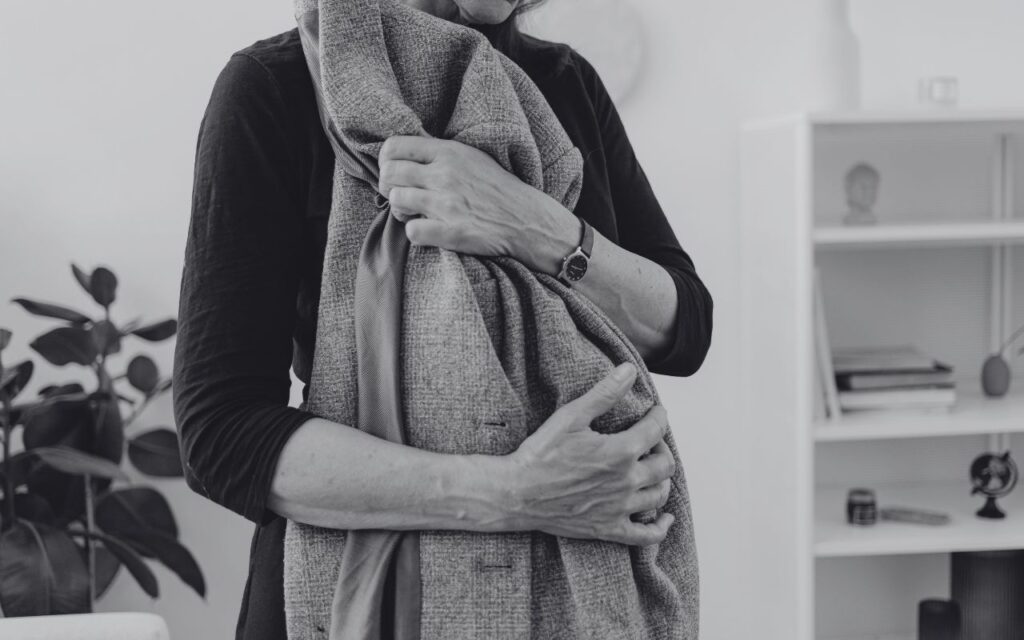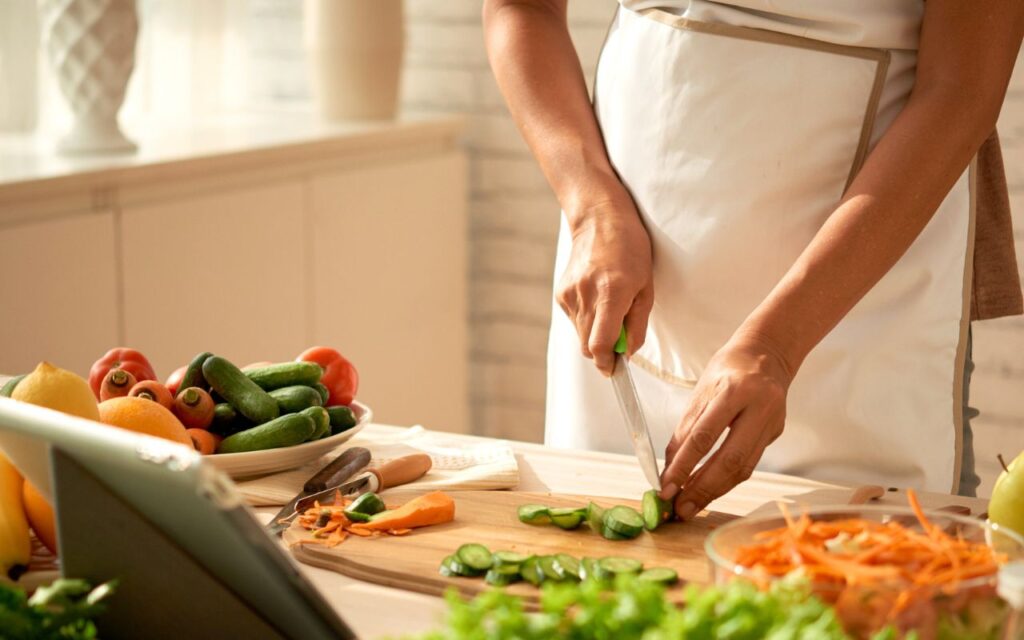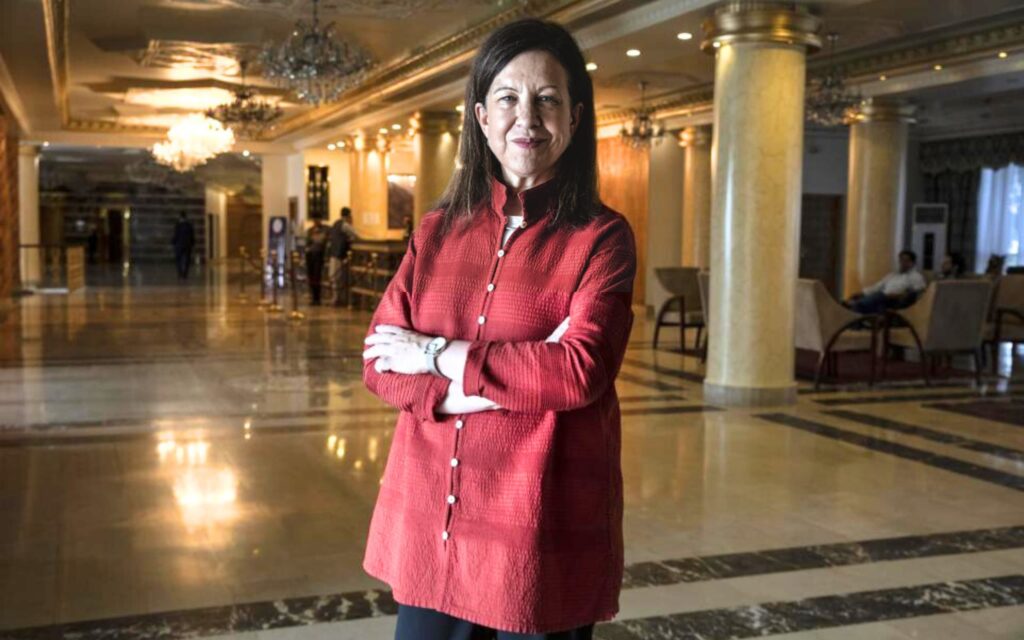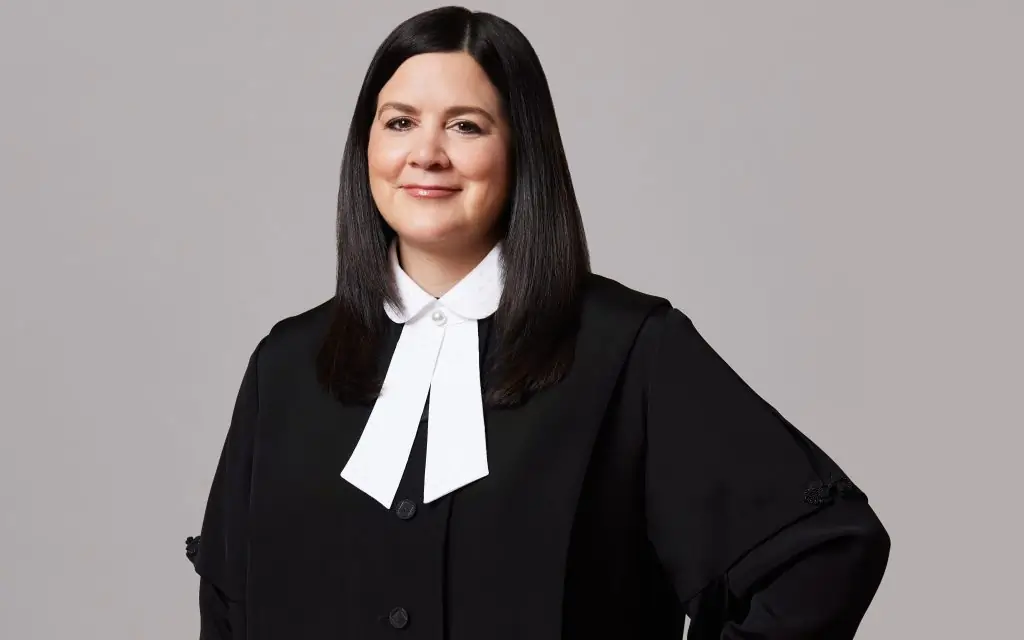
Takeaways from The Honourable Michelle O’Bonsawin, Canada’s first Indigenous Supreme Court Justice
Justice O’Bonsawin is Canada’s first Indigenous Supreme Court Justice. She holds four university degrees. She’s taught Indigenous law and has written about, spoken on, and raised awareness of Gladue and Indigenous principles as well as mental health, labour, and privacy law.
Justice O’Bonsawin has served on many boards and held high-profile legal positions. She’s also a fluently bilingual Franco-Ontarian, an Abenaki member of the Odanak First Nation, and a wife and mother.
So, what has helped her get where she is and kept her motivated along the way?
Here are a few key takeaways from our conversation with her.
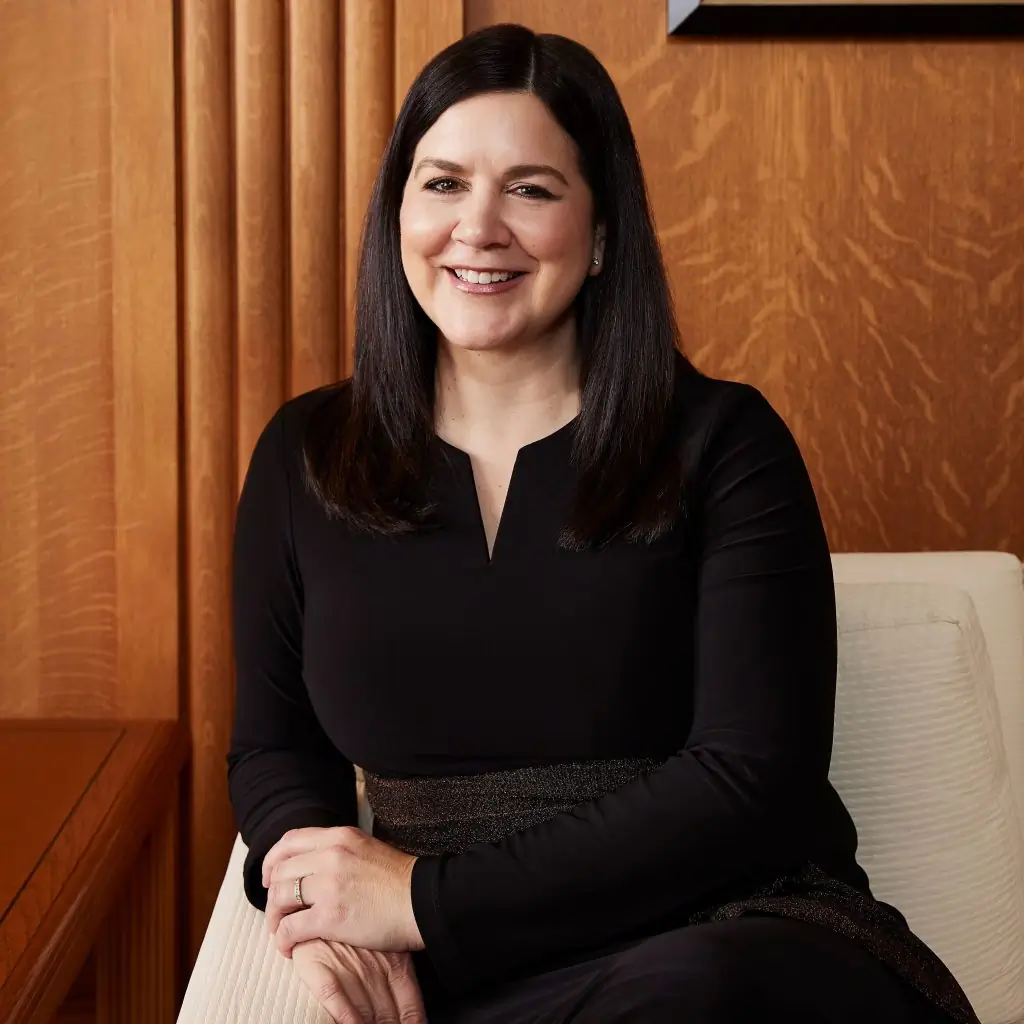
Have it all … but maybe not all at the same time
Clearly, Justice O’Bonsawin hasn’t scaled down or stifled her career aspirations — she has been strategic about them, though:
“I would never have applied to the Supreme Court when my kids were younger. It was always important that if this was going to happen, I wanted them to be at an age where they were really independent … I think that has made quite the difference.“
She also recognizes that her position doesn’t only benefit her:
They’re proud of saying that their mom’s a judge in the Supreme Court, and my husband is also very proud. So, I think in the end, it’s something very positive.
Michelle O’Bonsawin
And don’t do it all alone
Without taking away from her own hard work and achievements, Justice O’Bonsawin points out she can accomplish more with the support of others: “I have a really good support system. My husband has always been very supportive of me and my career. I have a great staff here and wonderful mentorship; the Chief Justice has helped me through my journey in the first year here.“
Mark your milestones
Justice O’Bonsawin shares advice she valued from a colleague: keep a journal of important moments. By doing that, she’s been able to celebrate her progress both on behalf of Indigenous people:
The first time you walk into the Court, and the doors open, and the Court staff say ‘La Cour,’ that is a really proud moment. I felt proud that I had achieved this for me and my family, but also for the Indigenous population in Canada.
Michelle O’Bonsawin
As well as for herself:
I sat down and journalled about my first year on the Supreme Court. For me to reflect and make my own personal notes about it was something that was worthwhile. And it made me smile. I’m proud of what I’ve accomplished.
Michelle O’Bonsawin
Be yourself …
From her first day on the job, Justice O’Bonsawin showed her culture was an integral part of who she was — and would be — as a Supreme Court judge. She talks about her welcoming ceremony, where she invited an Indigenous performer:
To hear the drumming and traditional music in the Grand Hall was a momentous event for me, because it’s not something that had happened in the past.
Michelle O’Bonsawin
She also chose to be sworn in on an eagle feather.
They worked with an elder who I had recommended — Gilbert Whiteduck from Kitigan Zibi — who gifted the court with a feather that I named Jacqueline after my grandmother. For me, that was something very special.
Michelle O’Bonsawin
… and be prepared
Justice O’Bonsawin is a strong believer in mentorship, and has both given and received great advice throughout her career. Some of the most memorable include:
- “You only have one reputation, make sure you guard it well because if you lose it, you don’t get it back.”
- “It’s important to always be courteous and respectful because at the end of the day, you don’t know who’s going to talk about the situation to others.”
And, perhaps most importantly:
Always prepare your file like it’s your first file. If I know my case inside out, that is always going to be beneficial to me. For me, preparation is really the key to success.
Michelle O’Bonsawin
Only a few Canadians will ever become Supreme Court judges, but we all have dreams, and Justice O’Bonsawin has advice for anybody working toward a dream: “If you believe, you’re passionate, and you work hard at it, anything is possible. In grade 12 [I had a guidance counsellor] who said I would likely not become a lawyer because of where I lived, and I said, ‘Just watch me.’”


